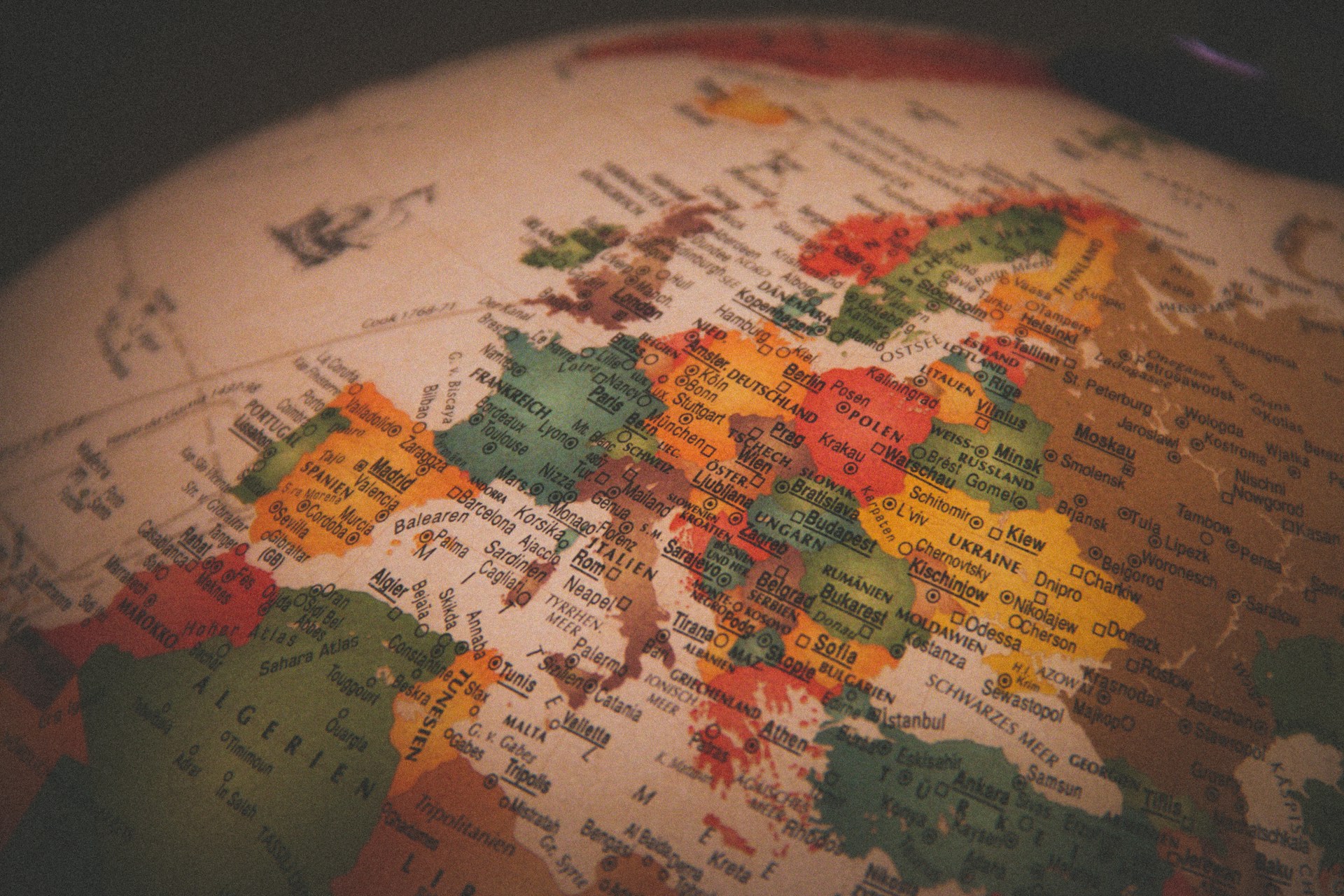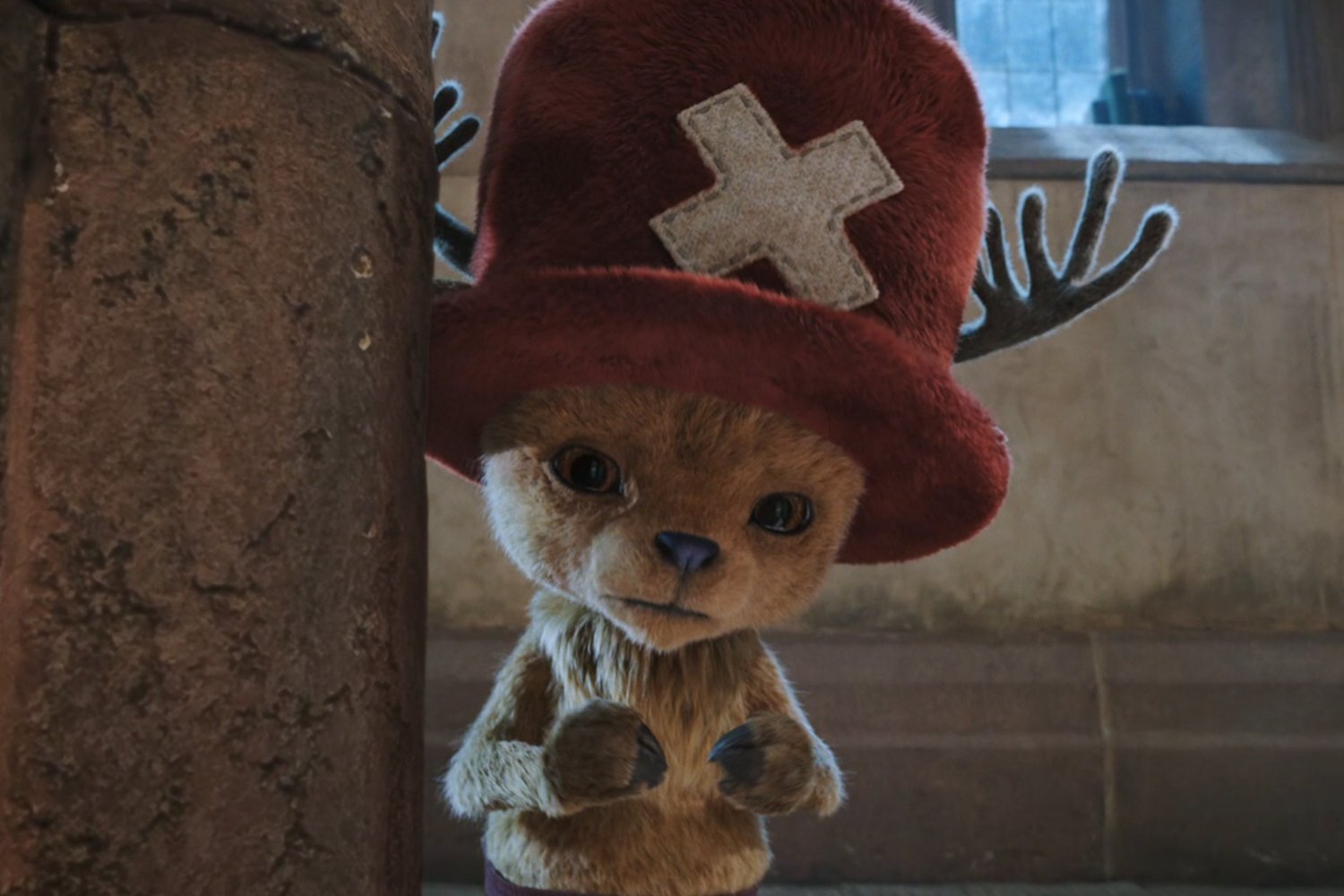In a recent court filing in Northern California, a lawyer for Anthropic acknowledged that the company’s AI chatbot, Claude, had generated an incorrect citation that was used in their ongoing lawsuit with music publishers. This admission was made in a filing on Thursday.
According to the filing, as reported by Bloomberg, Claude produced a citation with an incorrect title and authors. Despite conducting a manual citation check, Anthropic’s lawyers failed to catch this error, as well as several others that were caused by Claude’s inaccuracies.
Anthropic has apologized for the mistake, characterizing it as an “honest citation mistake” rather than a deliberate fabrication of authority.
This development comes after lawyers for Universal Music Group and other music publishers accused Anthropic’s expert witness, Olivia Chen, of using Claude to cite fake articles in her testimony earlier this week. In response to these allegations, Federal Judge Susan van Keulen ordered Anthropic to provide a response.
The lawsuit is part of a larger dispute between copyright owners and tech companies regarding the alleged misuse of copyrighted work in the development of generative AI tools.
This incident is not an isolated one, as there have been other instances of lawyers using AI in court and later regretting it. For example, a California judge recently criticized a pair of law firms for submitting “bogus AI-generated research” in his court. Additionally, an Australian lawyer was caught using ChatGPT to prepare court documents, which resulted in faulty citations.
Despite these errors, startups continue to raise significant funds to automate legal work. Harvey, a company that uses generative AI models to assist lawyers, is reportedly in talks to secure over $250 million in funding at a valuation of $5 billion.
Source Link





